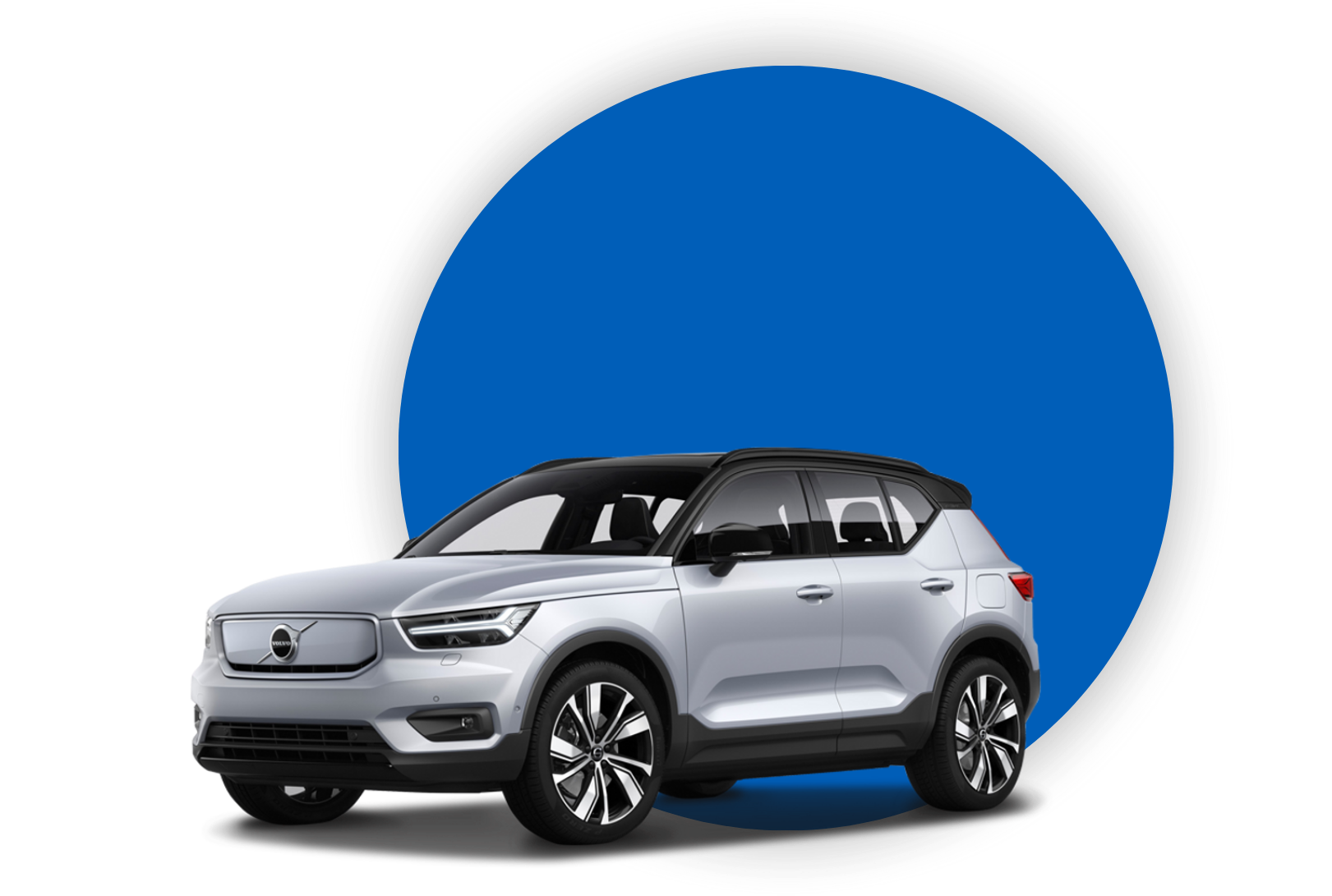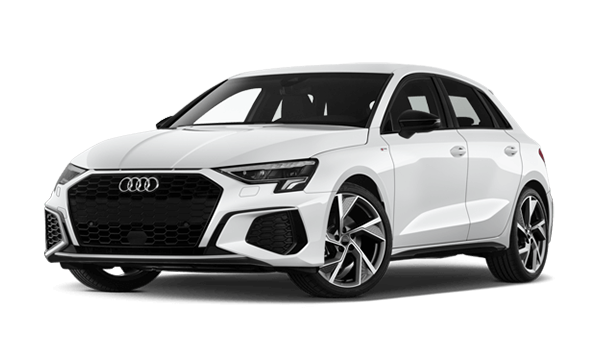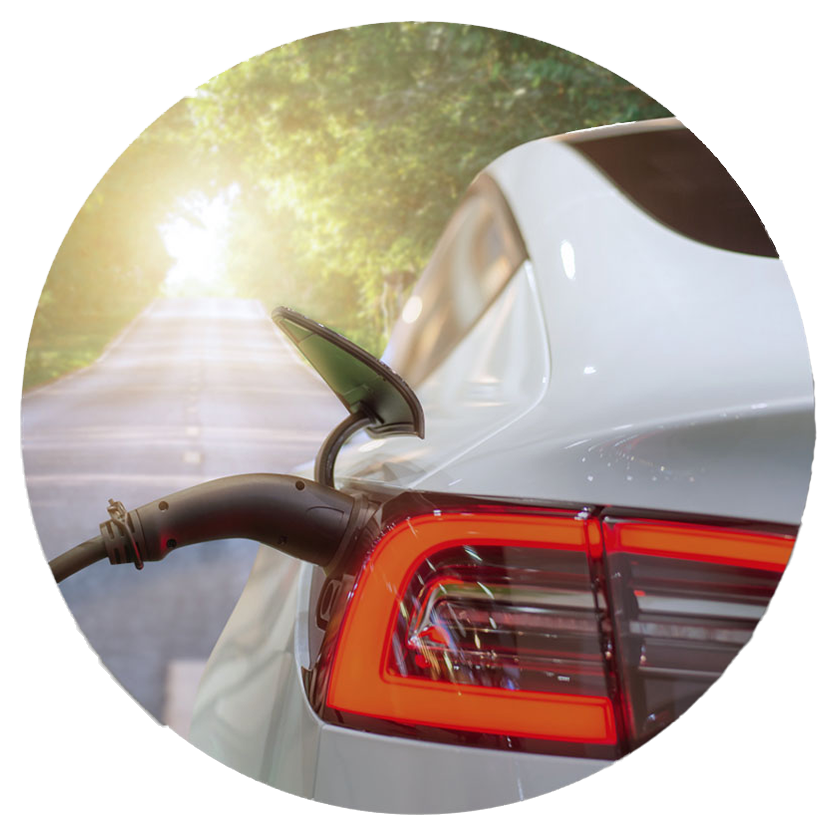Results – Hybrid
We’re a haven for hybrids, which might be the better car for you!
Based on what you’ve told us, you might be better opting for a hybrid car, which uses both electric and conventional fuel. With Hybrid cars, whilst some use plug-in chargers similar to a pure electric car, the option to use fuel reduces your reliance on charging. This allows you to take advantage of electric for shorter journeys, charging when you can, whilst using fuel for longer journeys or on the occasion you can’t reach a charge point.
Hybrids are also a brilliant option for transitioning from traditional fuel vehicles, into a fully electric car in the future, if you aren’t completely comfortable with the idea yet. With a range of hybrid cars from leading manufacturers, you can find the right car for you on our salary sacrifice car scheme. There are still great savings to be made with hybrid cars, so browse our range of cars including ones that may already be in stock, ready for quick delivery!
*This calculator is a guide, and should not be used as a sole reason for your decision. We have lots of guides and advice articles to help you do your research – visit our knowledge hub for our latest guides on driving electric.
Hybrid Cars
From the Volvo XC40 to the Audi Q5 there are 100s of makes and models to choose from if you are looking for a hybrid car.
What is a Hybrid Car?
A hybrid car is like a fancy blend of two types of cars, mixing together the best features of a fuel-powered car and an electric car. A hybrid car has an engine, just like a regular petrol or diesel car, and it also has an electric motor and a battery pack. The electric motor is powered by a battery, and it kicks in to assist the engine when needed. When you start the car or drive at low speeds, the electric motor takes over, using the energy stored in the battery. This means less fuel is burned, which is not only good for your wallet but also for the planet. When you accelerate or go up a hill, the petrol or diesel engine jumps in to provide extra power. So, the electric motor and the engine work together, like a tag team.
Unlike electric cars, you don’t have to plug in a hybrid car like you do with a fully electric vehicle. The battery gets charged automatically as you drive, thanks to the engine and regenerative braking. However, some hybrids also offer the option to plug them in and charge the battery from an external power source if you want to go the extra mile.

What is a Hybrid Car suitable for?
Arguably, anyone who doesn’t want to make the switch to fully electric right now. It’s the more eco-friendly and fuel-efficient option than a petrol or diesel car. It allows you to experience some of the benefits of electric driving, such as improved efficiency and reduced emissions, while still having the convenience and longer range provided by the petrol or diesel engine.
There are also savings to be made on a salary sacrifice scheme, thanks to lower Benefit in Kind rates, which can mean lower tax and NI is required.
Like EVs, hybrids are usually exempt from ULEZ or CAZs so you’ll not only make fuel savings, but also save on the daily charge into city centres where these operate.

Advantages/ Disadvantages of a Hybrid Car
Advantages:
- Fuel Efficiency: Hybrid cars are designed to sip fuel like a trendy beverage, meaning you’ll save some serious money at the pump. They use a combination of a traditional engine and an electric motor, so they’re more efficient overall. You’ll go farther with a hybrid, and that means fewer trips to the petrol station. Cha-ching!
- Environmental Advantages: Hybrid cars are greener as they use both fuel and electricity so they produce fewer emissions and have a smaller carbon footprint. So, you can feel good about doing your part to save the planet while cruising around in style.
- Regenerative Braking: When you hit the brakes in a hybrid or an EV, the electric motor captures some of that energy and stores it in the battery. That means you’re not just wasting energy when you slow down – you’re actually putting it to good use. It’s like a little boost of efficiency every time you stop.
- Driving Experience: Hybrid cars are generally quieter and smoother than regular petrol cars. The electric motor kicks in at low speeds, so you’ll enjoy a peaceful and serene ride. Plus, the instant torque from the electric motor gives you a nice little boost when you need it. It’s like having a secret turbo button!
- Latest Technology: Like with EVs, hybrids often come with nifty features and advanced technology. You might find cool stuff like automatic start-stop systems and even touchscreen displays to keep you entertained. It’s like driving a high-tech wonderland on wheels!
Disadvantages
- Costs can be higher: Some makes and models have a higher retail price when compared to traditional petrol cars. The advanced technology and additional components required for the hybrid system contribute to the higher cost. However, it’s worth noting that this cost difference is gradually decreasing as hybrid technology becomes more widespread.
- They usually have a limited Electric-Only Range: While hybrid cars can operate on electric power alone for short distances or at low speeds, their electric-only range is generally limited compared to fully electric vehicles (EVs). Once the battery charge is depleted, the petrol or diesel engine takes over. If you primarily drive long distances, you may rely more on the traditional engine, reducing the potential fuel savings.
- Limited Model Options: Although the selection of hybrid cars has been growing steadily, the range of available models and options may still be more limited compared to traditional petrol cars and even EVs. However, as demand for hybrid vehicles increases, more manufacturers are expanding their hybrid offerings.
Find out more about driving electric.
Although you may not to be ready to make the switch to an electric car, making the transition has never been easier. Take a look at our guide books, to find out more about EV’s, charging and costs to discover everything you need to know about driving an electric vehicle.
Read our guide >




